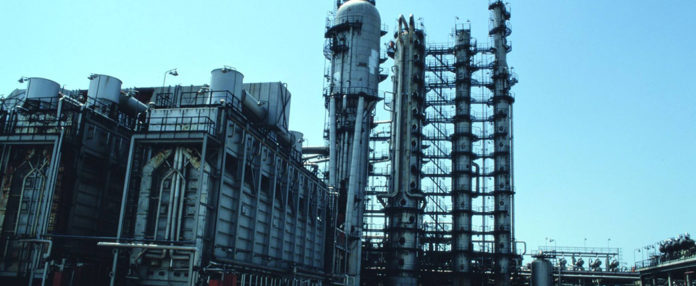
Gazpromneft-Lubricants has taken control of and plans to expand NIS’s blending plant in Novi Sad, Serbia, to boost its presence and product sales in the Balkan region and in Central and Eastern Europe, a company official told Lube Report.
The blending and packaging plant has capacity to make 18,000 metric tons per year, and the company plans to increase it to 30,000 t/y.
Russian oil major Gazprom Neft is the majority shareholder of Petroleum Industry of Serbia, holding 56.15% of NIS shares. The Serbian states owns 29.87%, and the remaining 13.98% is held by minority shareholders. NIS is the only company in the country that deals with exploration and production of crude oil and gas. It operates two fuel refineries – one in Pancevo, the other in Novi Sad, where the blending plant is located.
Until recently, the lubricant factory was under the state control. However, as part of Gazprom’s 2009 deal to acquire its stake, the Russian management took direct control of the plant in September, with obligation to invest in the lubricant production in Serbia.
“We took direct control of our Serbian [lubricant] production and packaging asset in September,” Alexander Trukhan, general director of Gazpromneft-Lubricants, told Lube Report recently. He added that this would help to expand the company’s sales geography in Central and Eastern Europe.
“We are planning to scale up the blending plant’s capacity to 30,000 t/y,” he said.
The company said the plant is also being upgraded but did not provide details.
An industry observer in Serbia said the Novi Sad plant does not have its own laboratory and that up until September, it primarily toll blended for other local lubricant marketers and produced and packaged its Nisotec branded products. With this latest move, Gazprom Neft wants to do more aggressive promotion of its product brands in Serbia.
“Now, the plant is oriented towards production of the Russian branded products while the production of Nisotec products will be most likely diminished,” the observer said.
The brand unification is a general policy of Gazprom Neft in Serbia, where it also rebranded a number of NIS gasoline filling stations to its name.
The company’s intention in Serbia is to position itself as the number one fuels and lubricants marketer in the country, with higher tier offerings under its own brands.
“The higher product tier remained in our strategic focus,” Trukhan said. “The production output in this segment increased to 310,000 tons in 2019.”
In that year, the company’s sales volume of G-Energy products was over 55,000 tons, while the lubricants under that brand became available in 70 countries around the world.
After Lukoil and Rosneft, Gazprom Neft is the third-largest lube marketer in Russia.